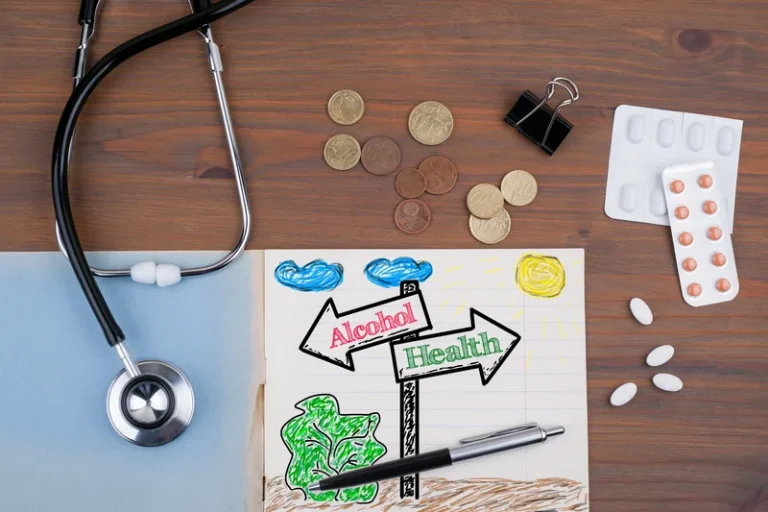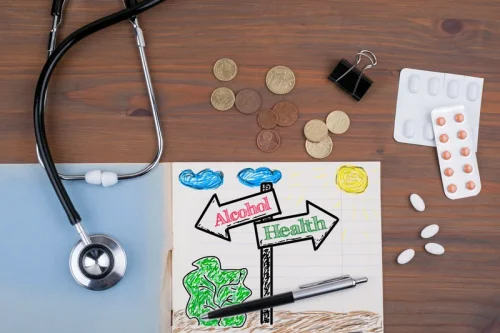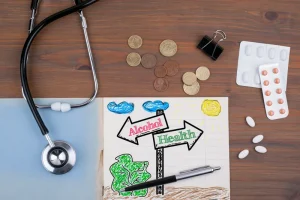
However, how long it will take to detox is based on the severity of the addiction. Your body will take time to adjust to operating without alcohol. Alcohol dependence can make it harder to think or remember things. Over time, heavy drinking can cloud your perception of distances and volumes, or slow and impair your motor skills. It can even make it harder for you to read other people’s emotions. But if you quit, alcohol detox side effects your brain seems to be able to regain some of these abilities.

Why You Get Sugar Cravings After Quitting Alcohol
- If you’re a heavy drinker, you’re at an increased risk of developing certain diseases, such as cancer, heart disease, and stroke.
- This is the period in which delirium tremens is most likely to occur, which requires immediate medical attention.
- Approximately one in 10 people with alcohol withdrawal syndrome are affected by seizures.7 If left untreated, up to one in three of these patients go on to experience delirium tremens.
- You or a loved one may need a medical detox at a hospital or treatment center to go through the process safely.
- It’s like a rubber band that’s been stretched too many times – it eventually loses its ability to bounce back.
Through their smartphones, participants answered questions every half hour for three hours during one typical alcohol drinking episode and a non-alcohol episode. The researchers found that alcohol consumption reduced negative feelings, although the reduction was small and nonspecific to their depression or AUD status. The positive effects of https://ecosoberhouse.com/ alcohol were much higher in individuals with AUD than those without AUD and contrary to lore, similar in those with AUD and depression and those without depression. Alcohol withdrawal is, at best, uncomfortable and, at worst, life-threatening.

Mounting evidence links alcohol with cancer. Defining a “safe” amount of drinking is tricky — and controversial.
- Your doctor may decide to order different tests, such as blood work or a heart test.
- Some people can be treated at home, but others may need supervised care in a hospital setting to avoid potentially dangerous complications such as seizures.
- Outpatient alcohol detox may be a good fit for people at low risk for severe withdrawal.
- After nearly two decades of drinking and destroying just about every relationship in my life, I decided to get help.
Outpatient centers offer more freedom, allowing clients to reside in their own homes while receiving alcohol treatment. This type of care works best for those with a strong support system at home. You may experience a variety of withdrawal symptoms throughout the rest of the first week of detox. Delirium tremens and other potentially fatal Sober living home symptoms also peak around this period. Significant psychological effects include quick and extreme variations in mood, irritability, and an inability to focus.
What are the risk factors for alcohol withdrawal?
Those with a wider circle of support have a better chance of staying sober. There are many support options available that can help guide you through alcohol withdrawal, as well as abstaining from alcohol after withdrawal. Individuals should be prepared to be uncomfortable during this period and have medical help available if needed.
- Stage one of withdrawal begins within 6 to 12 hours after the last drink.
- Both the World Health Organization (WHO) and the Canadian Centre on Substance Use and Addiction have determined that there is not safe amount of alcohol.
- Once you have gone through withdrawal, you’ll also need a plan to remain alcohol-free.
- Beyond the safety considerations, medical detox is a more comfortable, pleasant experience.
- And while the DTs clearly don’t affect everyone, it’s important to understand that alcohol withdrawal symptoms oftentimes get worse before they get better.
- A day and a half after quitting alcohol, withdrawal symptoms will intensify.
These may still be mild, or the existing symptoms might increase in severity. There is no exact timeline for alcohol withdrawal, and individual factors, such as the level of dependence on alcohol, will influence it. Over time, however, the body builds a tolerance to alcohol, and a person may have to drink more and more to get the same feeling.

Leave a Reply